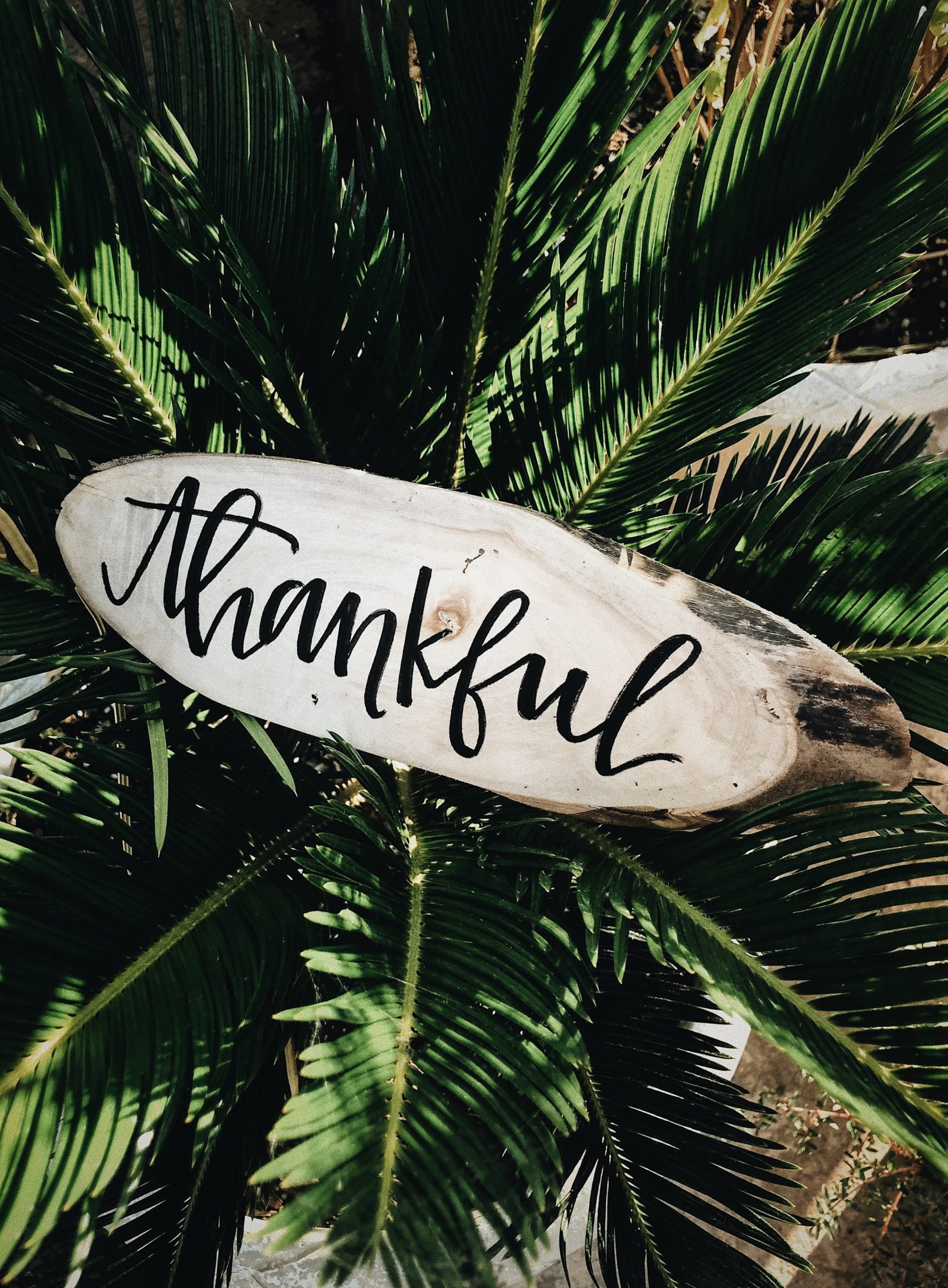A day that seems to be all about food can be very stressful if you are trying to recover from an eating disorder. Here are some tips that can help you manage well on Thanksgiving.
Stay away from diet talk.
Walk away or change the subject if others are focused on body shape, size or dieting. It is is not healthy for your recovery to engage with them, especially not on a holiday when eating is a primary focus.
Stick to your meal plan.
You might be tempted to cut back the day prior, or following or to skip your breakfast on Thanksgiving. All of these eating disorder behaviors inevitably lead to more eating disorder behaviors. Restricting often drives the cycle of the illness. Adhere to your normal meals and snacks on the days around and on holidays.
Ask for support.
Can someone you trust make you a plate of food, distract you after the meal, engage you in positive conversation, take an easy short walk, or check in with you to ask what you need throughout the day? If no one like this will be present, can you connect with someone you trust over the phone or text?
Choose people over the eating disorder.
Focus on relationships rather than obsessing about the food you ate or the food ahead. Conversations and connecting hopefully remind you why you are working on recovery. Are there people there who you find inspiring, funny, fun or especially kind? If so, actively seek them out.
Use coping skills that work for you.
Participate. Meditate. Take a nature break. Connect with gratitude in your heart (and make sure to really feel it). Be of service. Use relaxation breathing to bring about physiological calm. Try to focus on positive, healthy thoughts. Radically accept it may be a challenging day and commit to getting through it well. Ask your treatment team for a brainstorm session of specific ideas based on your recovery progress so far.
Commit to having a guilt free day.
For the holiday, notice any guilt related to food or the eating disorder and let it go. This is easier said than done, but give it your best effort. Label the day—a day without guilt.
And finally, remember not to use a default mode and leave the eating disorder in charge. It will try to ruin the day. Instead plan intentionally how you want to approach the day. What values do you want the day to reflect? That way, if your mind or behaviors get caught up in the eating disorder, you can consistently and compassionately bring your attention and actions back to your value driven intentions. One way to make your plans easy to connect with during anxious times is to turn this intention into an affirmation you can repeat all day. Maybe something like…. “Today I plan to ignore all demands of the eating disorder— and instead I plan to fully participate in conversations and activities with friends and family. “ What will yours be? I wish you healthy holiday and another step in recovery!
All Blogs


